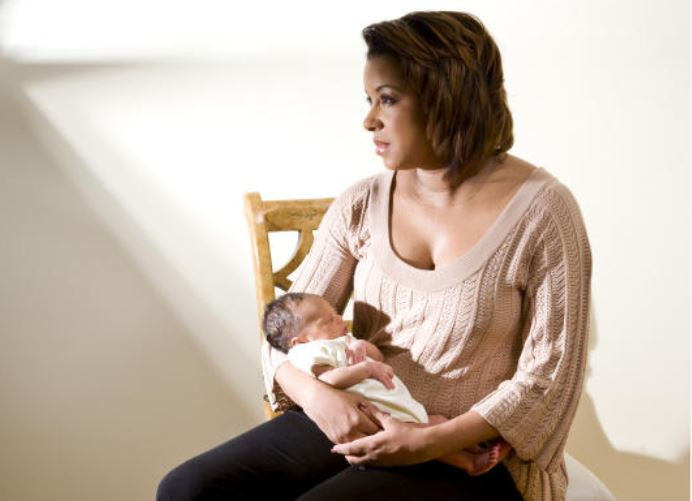
Dear Doctor,
I am now 22 with irregular periods. I can sometimes go for up to three months without any periods. What’s the matter with me?
Worried
Dear Worried,
The irregularity of periods can be distressing, especially when you don’t know why it is occurring. It is not uncommon for periods to be irregular around the time of puberty. This is usually related to a maturing reproductive system.
Shortly after that, and at your age, periods should have become regular and predictable. The most likely cause for the irregularity is what is referred to as hormonal imbalance.
The control of monthly periods is a complex system of well synchronised hormones released from the brain, which in turn, signal the ovaries to produce female hormones and release an egg (ovulation). The womb (uterus) responds in a predictable manner in anticipation of a potential pregnancy.
If no pregnancy occurs, uterine shedding occurs as a monthly period, and a new cycle starts. The most common cause for the pattern of your periods is a condition called ‘poly-cystic ovarian syndrome’ or PCOS. This is a complex condition, but at its simplest it translates into failure to ovulate every month, resulting in irregular and missed periods.
- Understanding obstetric violence and why it is a concern
- Diana Chacha opens up about miscarriage, pregnancy journey
- Yes, you can exercise during pregnancy, it's safe and has many benefits
Keep Reading
But there are still other gynaecological conditions that may explain what you are going through. A review by a gynaecologist will come up with a diagnosis. It is likely you will need some hormone tests, and may be imaging of your reproductive organs. Once the cause is identified, specific measures can be instituted to regulate your bleeding pattern.
Many women worry about their potential for having children when faced with irregular periods. The fact that you are young means that your potential for pregnancy remains very high, even with irregular periods. I would actually advise you to use contraception if you are sexually active and not ready to conceive.
But as irregular periods imply inconsistent ovulation, you should seek help if you don’t get pregnant within six months once you start trying. All that you may require is some tablets to help with ovulation. You should desist from self-prescription, as ovulation tablets are not without some risks. Pregnancy usually occurs within six months of such medication. In rare cases, some women may require more complex interventions to achieve a pregnancy.
What you are going through should not be viewed as a serious problem, especially in the young reproductive age groups. It is not unusual for some period irregularities to self-correct in the course of time. But once you get an assessment and an explanation for your period patterns, you will be more at ease. You may not even require anything to be done depending on your prevailing reproductive wishes.
— Dr Alfred Murage is a consultant obstetrician and gynaecologist
 The Standard Group Plc is a multi-media organization with investments in media platforms spanning newspaper print
operations, television, radio broadcasting, digital and online services. The Standard Group is recognized as a
leading multi-media house in Kenya with a key influence in matters of national and international interest.
The Standard Group Plc is a multi-media organization with investments in media platforms spanning newspaper print
operations, television, radio broadcasting, digital and online services. The Standard Group is recognized as a
leading multi-media house in Kenya with a key influence in matters of national and international interest.










